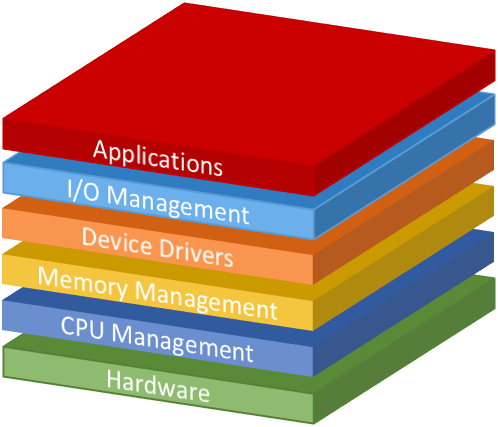Value Added | daily
Class Schedule
Basics | sessions 01-03
- 19 Jan intro and clients | lecture | labs
- 26 Jan servers and command line | lecture | labs
- 02 Feb networks and protocols | lecture | labs
Web Development | sessions 04-08
- 09 Feb structural layer | lecture | labs
- 16 Feb presentational layer | lecture | labs
- 23 Feb using a structure | lecture | labs
- 02 Mar behavioral layer | lecture | labs
- 09 Mar design thoughts | lecture | labs
Dealing with Markup | sessions 09-10
Working with data | sessions 11-14
- 30 Mar formulas, functions, vectors | lecture | labs
- 06 Apr data display | lecture | labs
- 13 Apr manipulate data sets | lecture | labs
- 20 Apr relational data bases | lecture | labs
Presentations | sessions 15-16

This work
is licensed under a
Creative Commons Attribution-NonCommercial-ShareAlike 3.0 Unported License.
home & schedule | syllabus | contact | grades
Servers may use many different operating systems,
but the ones you will most often encounter will be using either Unix or Linux.
Operating Systems
What is an operating system?
There are more than a few.
What others are out there? (note: this page is dated, but it is a good historical comparison)
Evolution of Operating Systems (useful for the historical background)
How Operating Systems Work - to quote How Stuff Works,
At the simplest level, an operating system does two things:

- It manages the hardware and software resources of the computer system. These resources include such things as the processor, memory, disk space, etc.
- It provides a stable, consistent way for applications to deal with the hardware without having to know all the details of the hardware.
back to top
Operating Systems
Operating systems can be either clients or servers
clients and/or servers:
Windows
Mac
Linux
usually seen as a server OS:
UNIX - Note where we had to go to find this page
So, let's look at either UNIX or Linux
back to top
26 January Lecture | preps | server OS | command line
